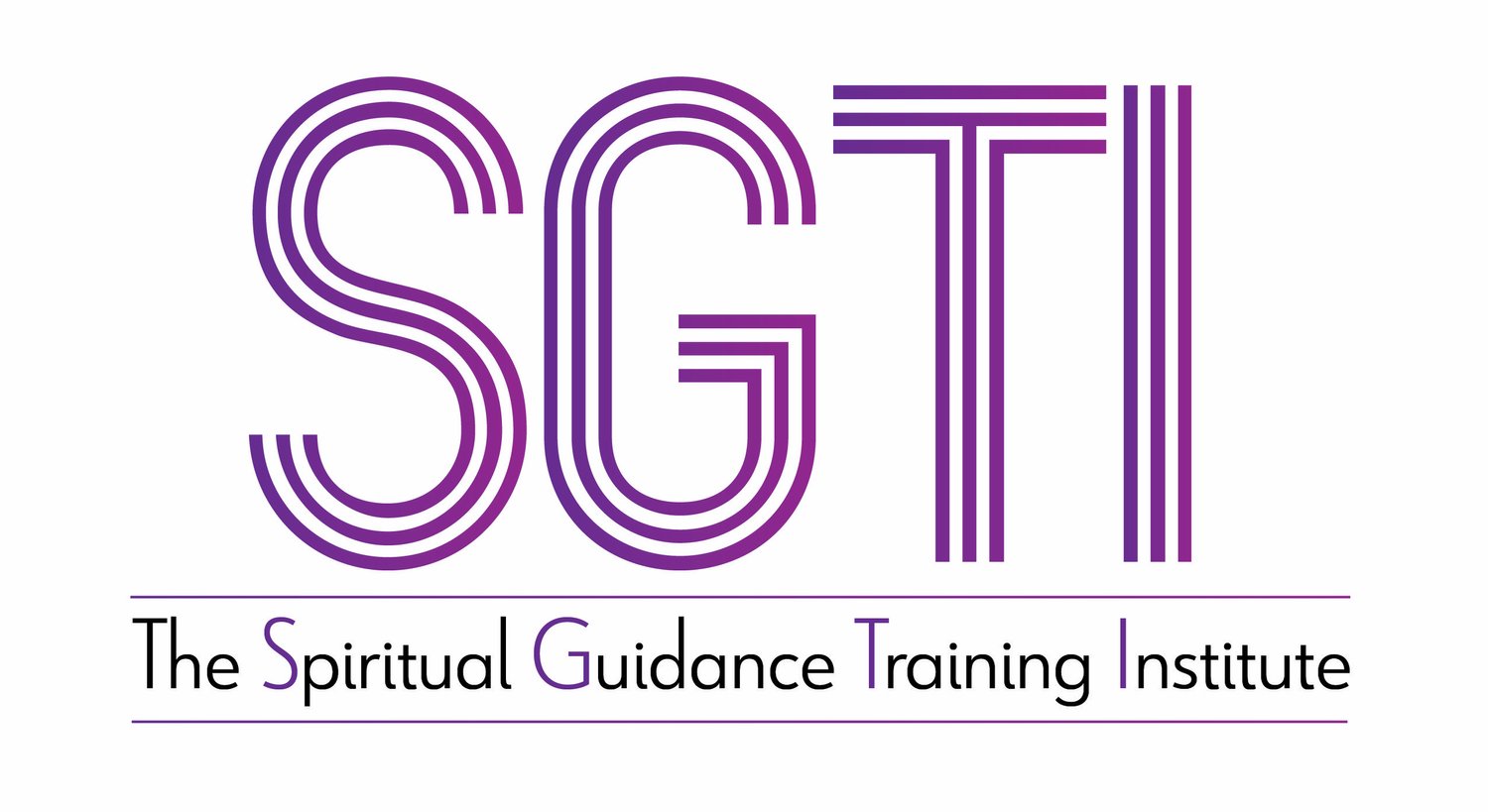Collaboration in Education
6/25/2017
Dodge House, Graduate Theological Foundation, Mishawauka, Indiana
In Dr. John Morgan's book, The New Paradigm in Ministry Education: A Radical Philosophy of Collaboration, Dr. Morgan outlines the myths that have pervaded academia and which have ultimately produced individuals who have paid their tuition and served their school, rather than having the experiences of being served by the school. He suggests that educational institutions have spent so many resources on the grounds, library, and sports complexes that they have not been "freed up to concentrate" on what the institution ought to be in the first place: education.
Dr. Morgan advocates for educational institutions to offer the student opportunities to create their own programs that are based on the unique context from their professional sphere, rather than completing a checklist of university-deemed requirements that may or may not align with real and current needs. His solution is to facilitate multi-institutional collaboration where students can create a program based on their discernment of what courses and experiences are most valuable to them. This kind of institution becomes student and learning-based very much akin to Paolo Freire's model of education as liberation. Freire believed in informed and value-based action that leads to emancipation—from the self and oppressed systems.
The Spiritual Guidance Training Institute is honored to collaborate with The Graduate Theological Foundation, the educational institution of which Dr. John Morgan served as president and is a longtime faculty member. Participants in the SGTI certification program may fulfill all of a master's degree in Pastoral Counseling and all but a project (or non-project) for a doctor of ministry degree. You can read more here: http://www.gtfeducation.org/about-the-gtf/the-spiritual-guidance-training-institute.cfm
At the SGTI, we value justice and peace that promote the healing and transformation of people through spiritual guidance and friendship. We believe that through deep listening, curiosity, hospitality, respect, and compassionate action, we can "inter-be" with family, friends, and strangers, as well as all living and non-living things. Our hope is that our educational model promotes the freedom to make choices that work for the inter-connectedness and betterment of our world.
Jeanette Banashak, PhD, EdD

